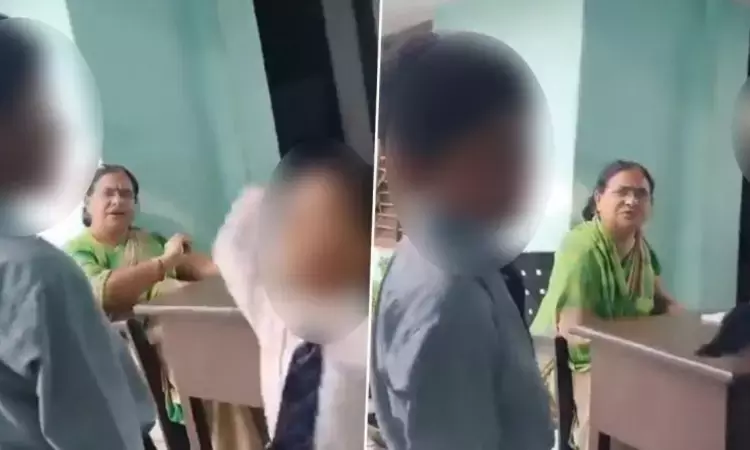'No Quality Education If Student Is Penalised Based On Religion' : Supreme Court Slams UP Govt & Police On Muzaffarnagar Student Slapping
Awstika Das
25 Sept 2023 12:56 PM IST

"There cannot be any religious abuse in a school", the Court said.
Next Story


